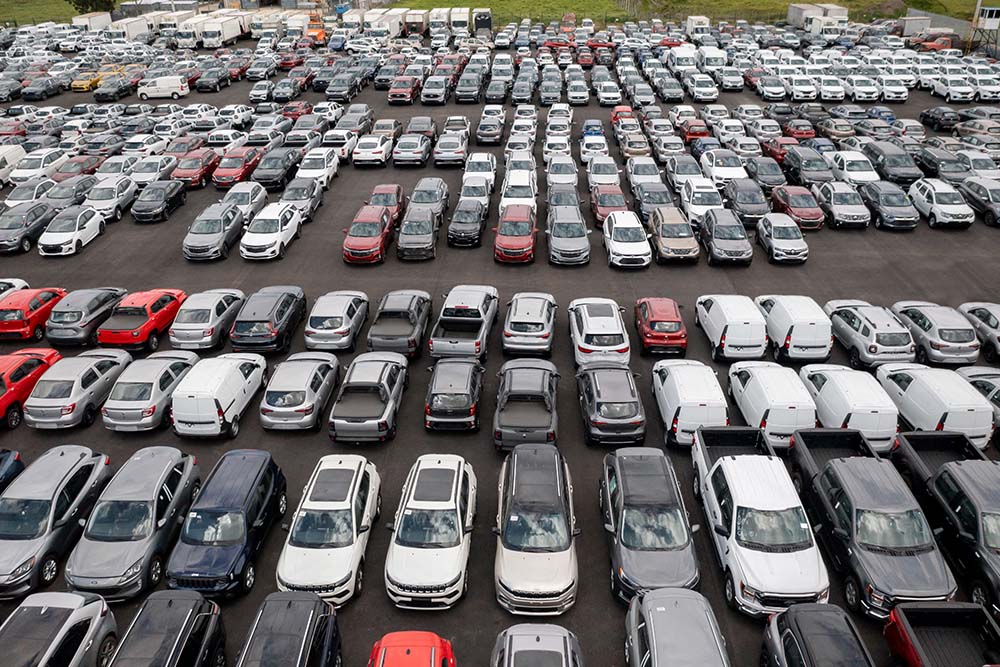What the Autumn Budget means for the logistics sector
04 Nov 24
Read more →

With varying demand for new cars, the second-hand market provides a sustainable option that offers notable environmental advantages. In this week’s blog, we’re exploring the green credentials of the UK’s used car market.
When manufacturing a new car, materials like steel, rubber, glass, plastic, chemical paints and all the other parts and pieces that go into producing a car leave a footprint. In a study conducted by Toyota in 2004, approximately 28% of carbon dioxide emissions can occur during the manufacturing process and transport of the car to the dealership.
The environmental benefits of reusing vehicles, regardless of fuel type, are clear; reselling a car avoids the heavy emissions burden of producing new ones. By extending the lifespan of vehicles reduces the need for new car production, which conserves resources and cuts down the carbon footprint tied to manufacturing, shipping and disposal.

As electric vehicles (EVs) begin to dominate the new car market, is there still a valid environmental argument for used cars? EVs come with their own manufacturing footprint, primarily due to their batteries – a 2018 European Environment Agency report shows that producing a 24kWh lithium-ion battery generates around 4 tonnes of greenhouse gas emissions. This accounts for up to 44% of an EV’s manufacturing footprint. Over its life cycle, a small EV could be responsible for 20 tonnes of greenhouse gas emissions.
To put this in context, a new petrol vehicle releases approximately 27.5 tonnes of CO2 throughout its lifetime, whereas an electric vehicle emits about 8 tonnes just from its operation. Despite the fact the production of electric vehicles initially results in a higher carbon footprint, their lower emissions while being operated eventually offsets this over time.
Even though new technologies are emerging to help us all reduce our carbon footprint, the most sustainable and affordable choice trade remains keeping cars on the road for longer. Every time a vehicle is resold and used rather than scrapped, its environmental impact is minimised; whether petrol, diesel or electric – using a vehicle for its full lifespan significantly lowers the overall emissions footprint.

Operating within the used car market means more than just selling vehicles – it involves handling logistics efficiently and with minimal environmental impact. The right technology can streamline this process, and provide a solution designed to help companies meet both operational and sustainability goals.
Specifically designed for firms that work in the movement and management of vehicles, TrackTrans can schedule, distribute and complete vehicle collections, deliveries and inspections. Designed to work with single and multi-vehicle transporters, as well as platers and inspectors, TrackTrans even manages driver availability with a simple SMS system.
By improving vehicle collections, deliveries and inspections, TrackTrans uses GPS technology and enhanced planning to reduce unnecessary trips, fuel use and emissions across the transport sector. Get started and try our free demo today!
See how TrackTrans can be tailored to your business with no obligation. Simply complete the form and a member of our sales team will contact your directly.